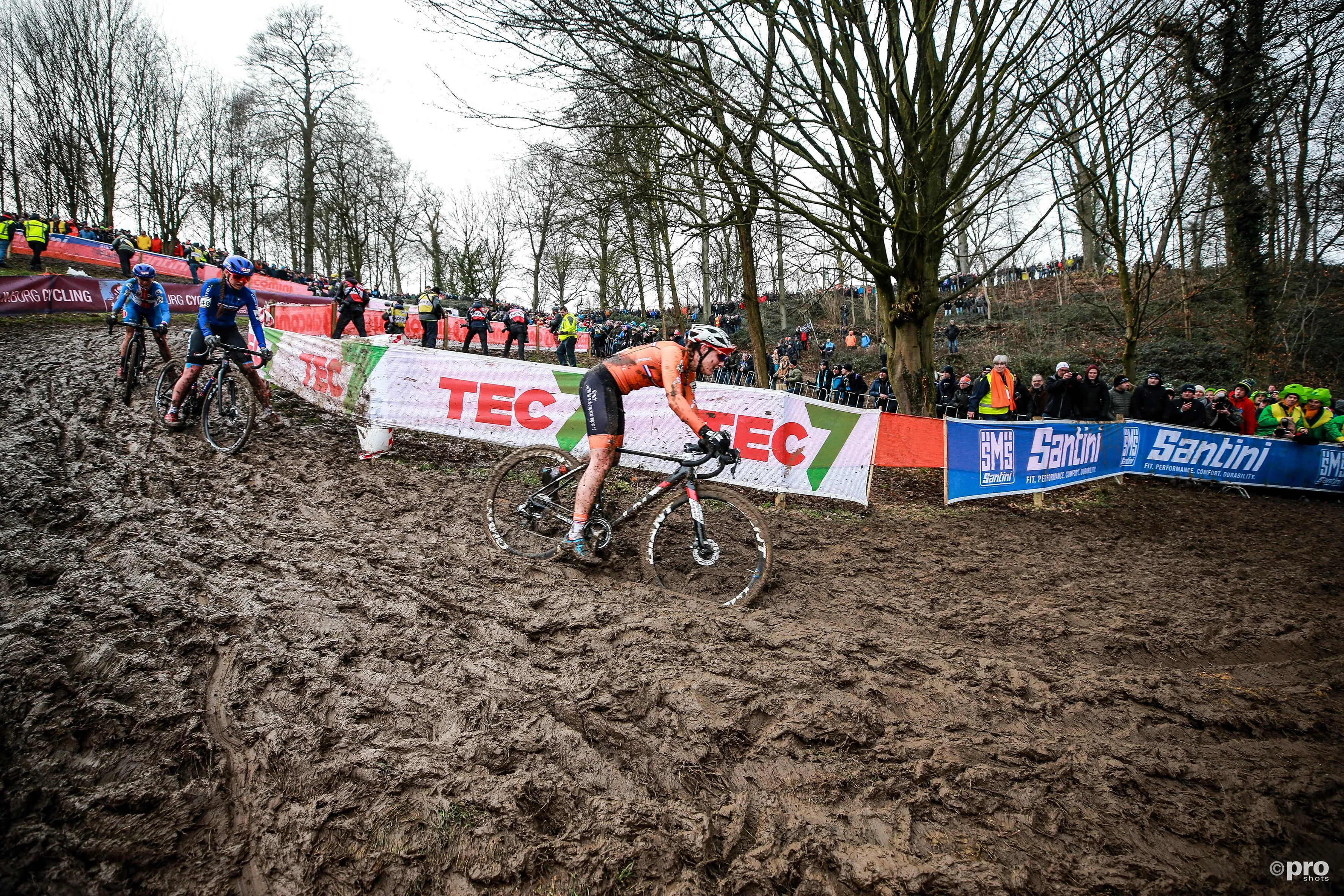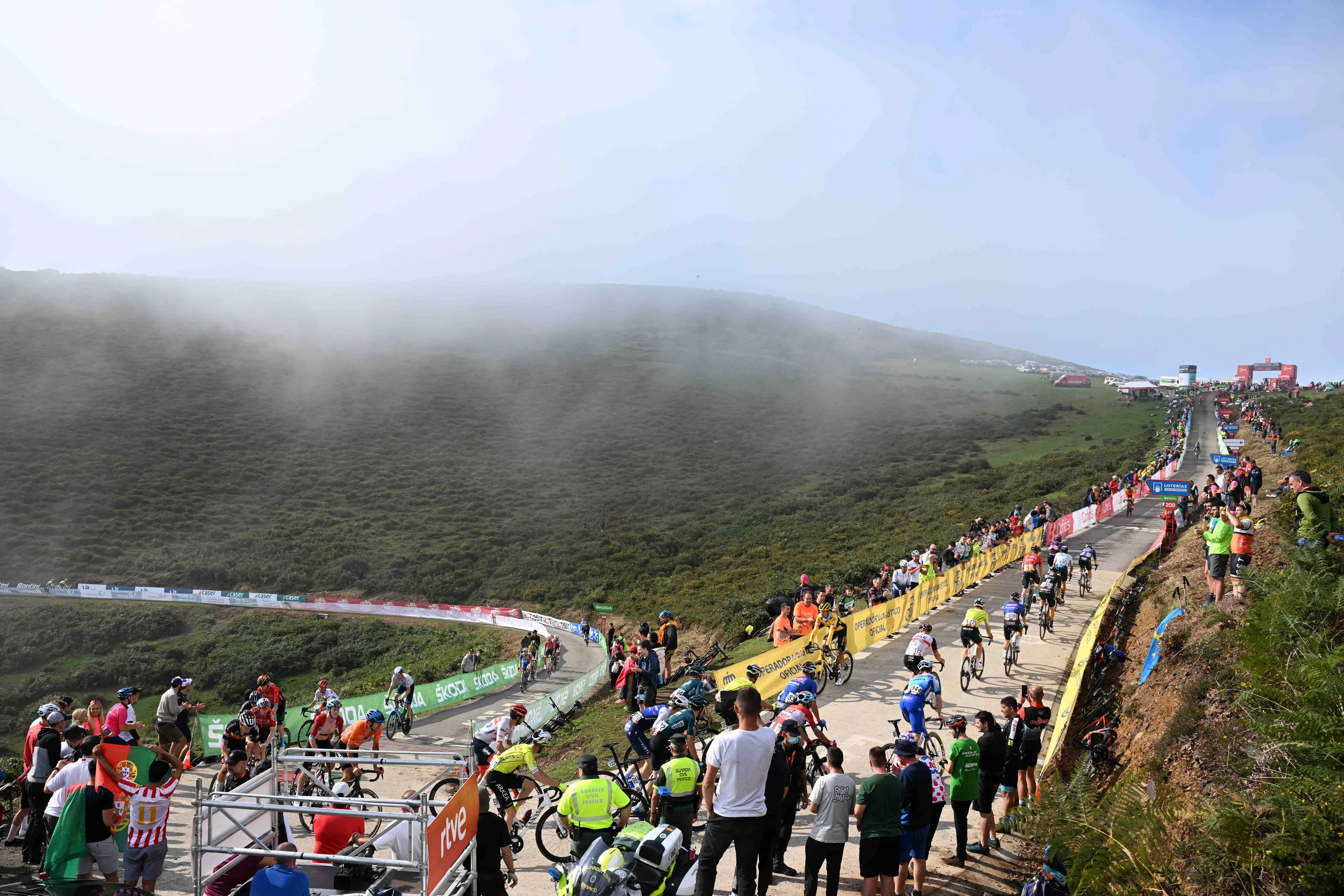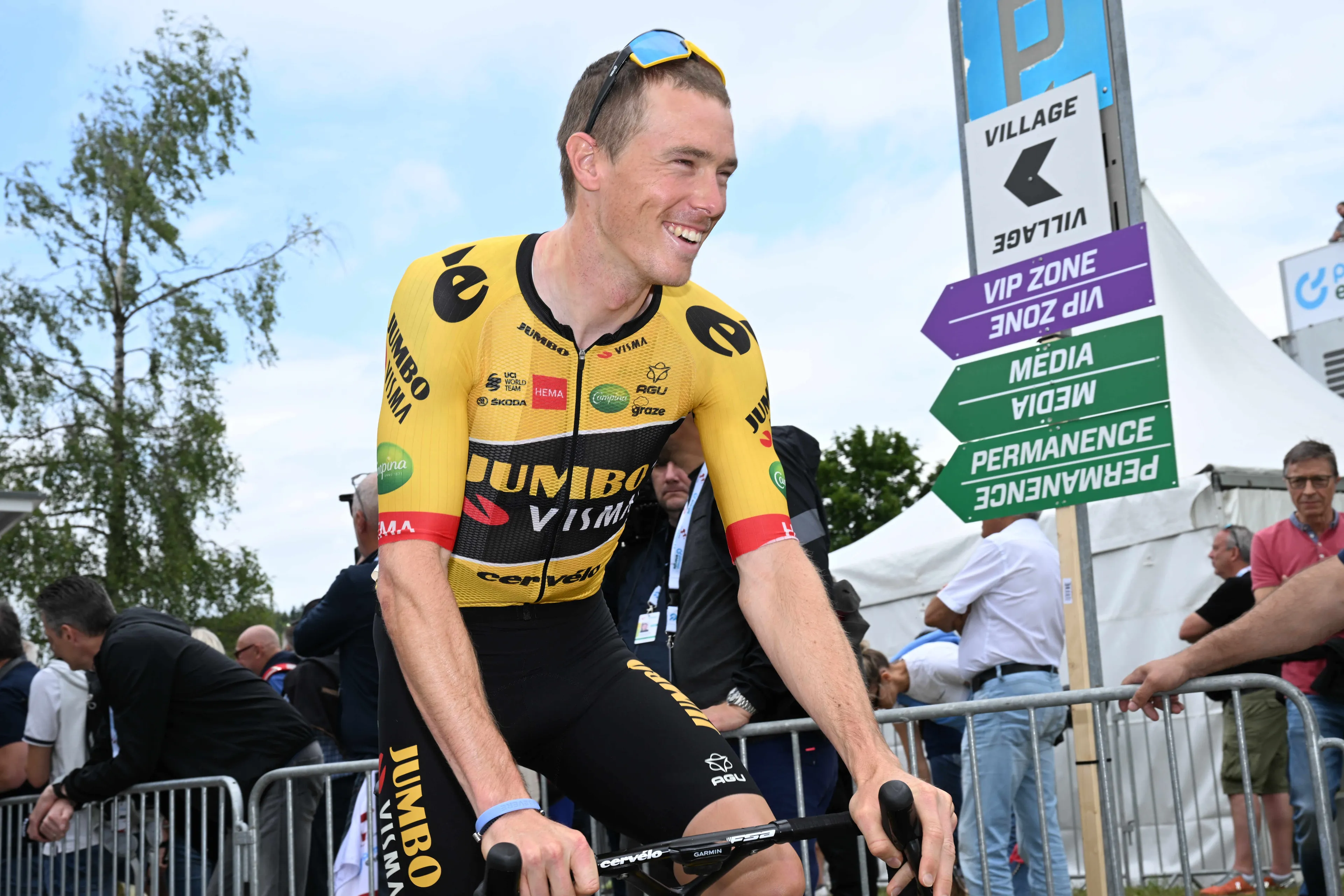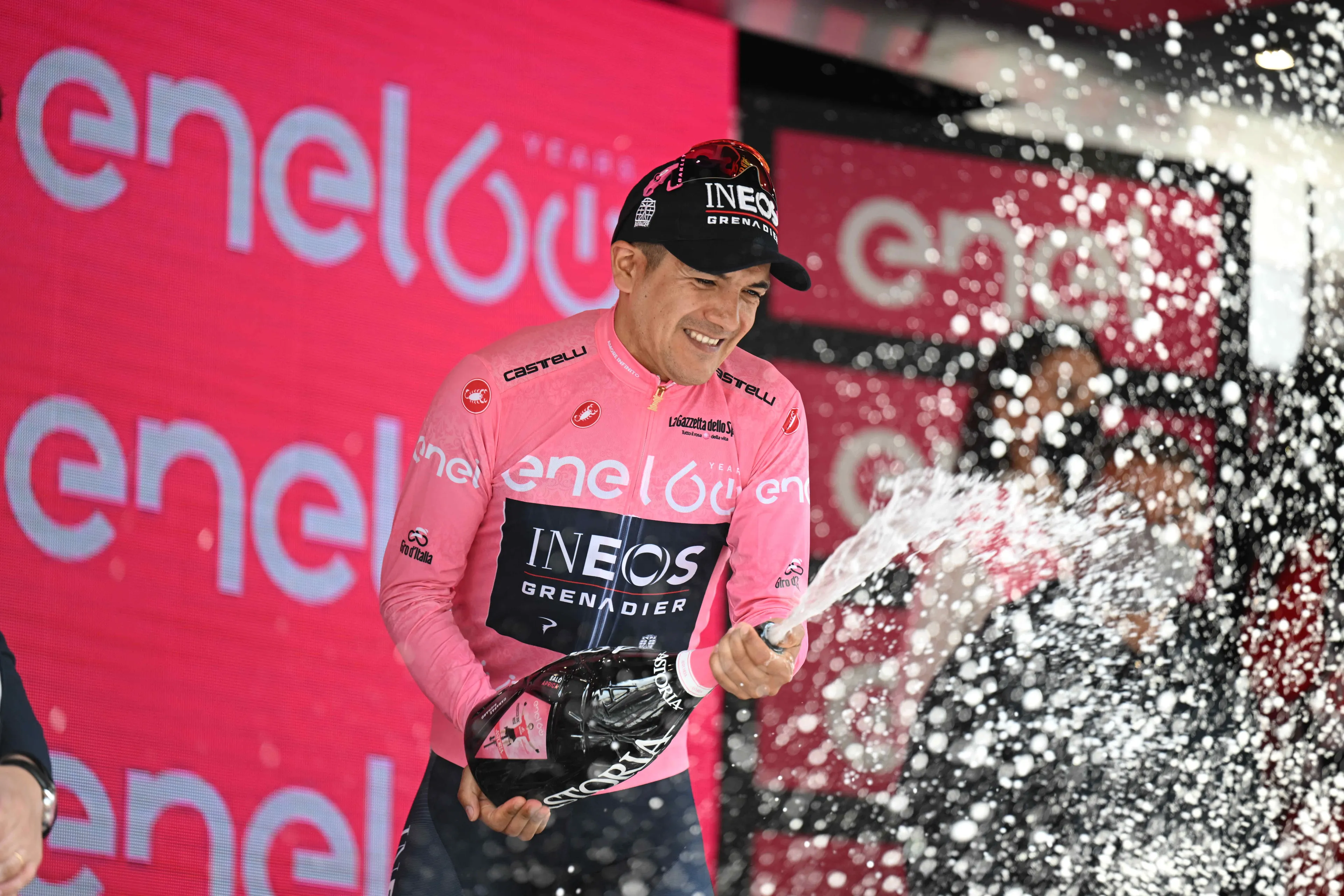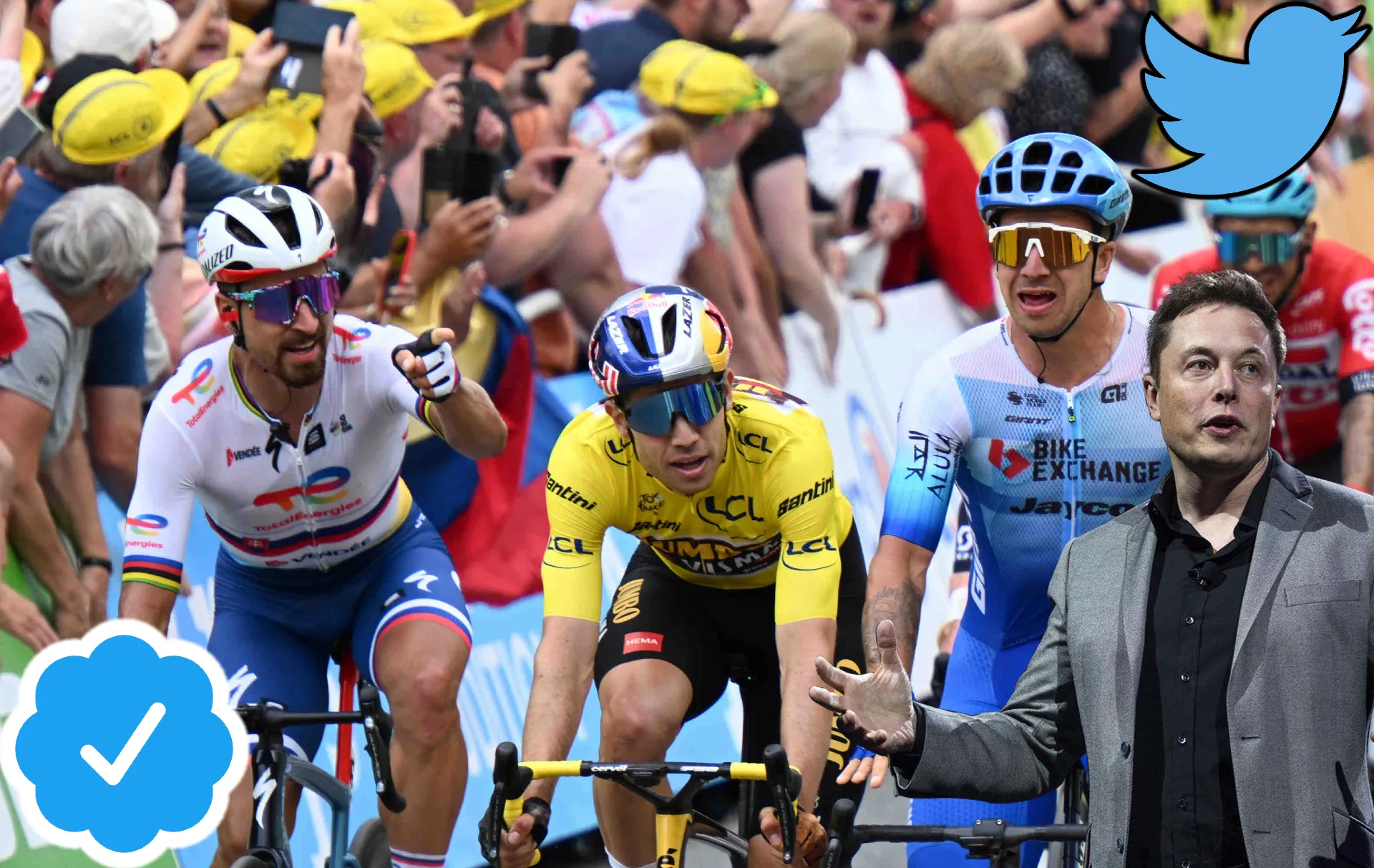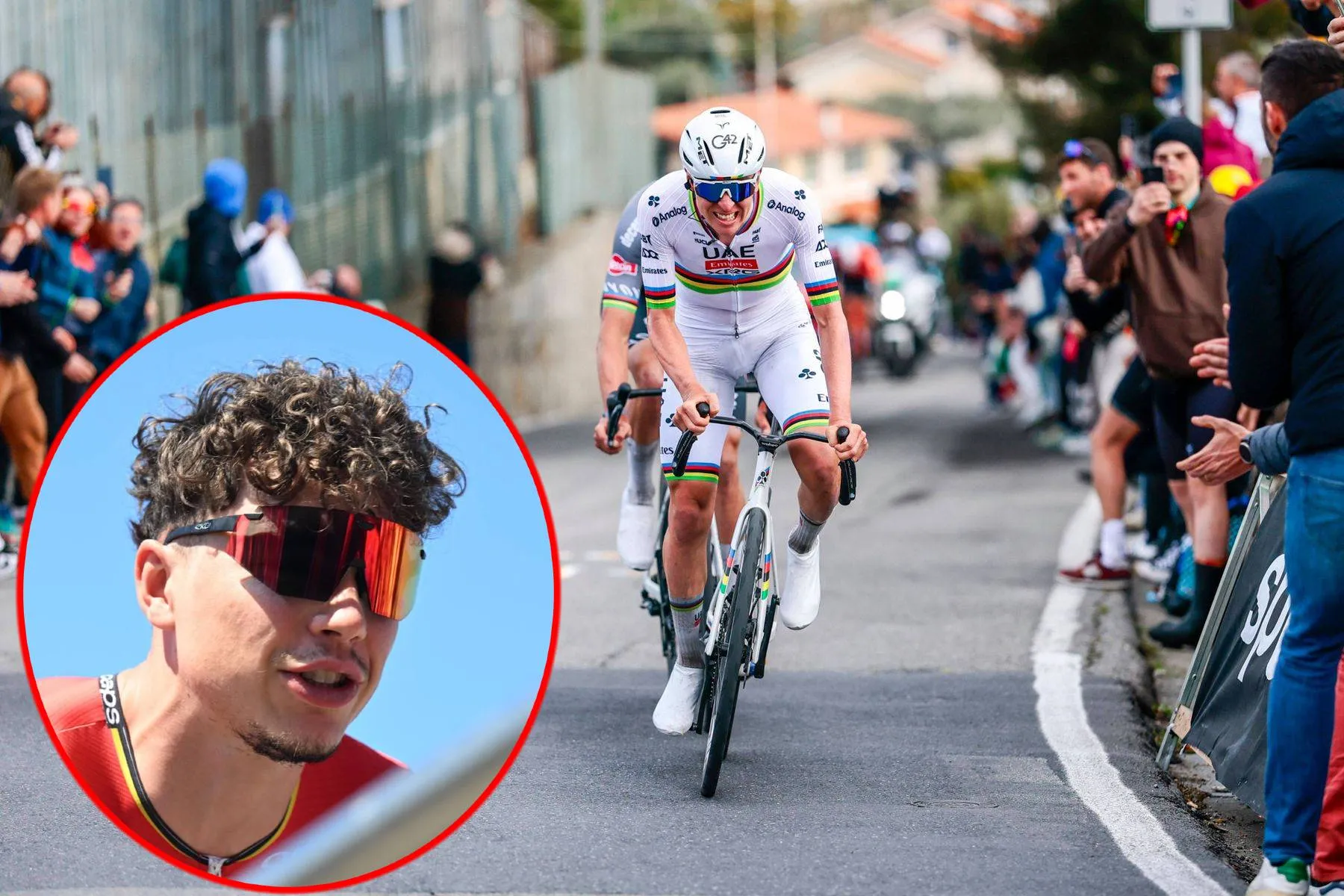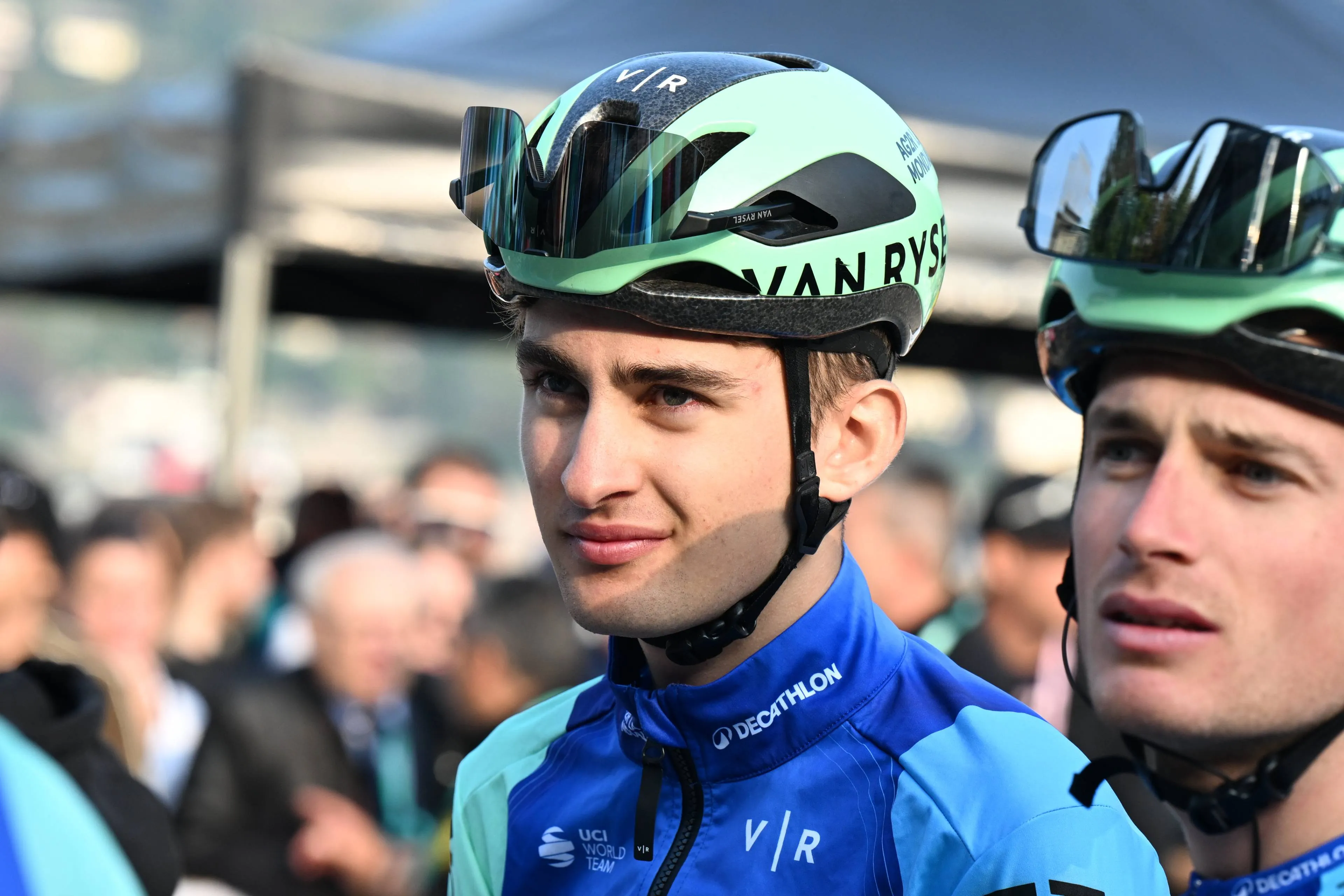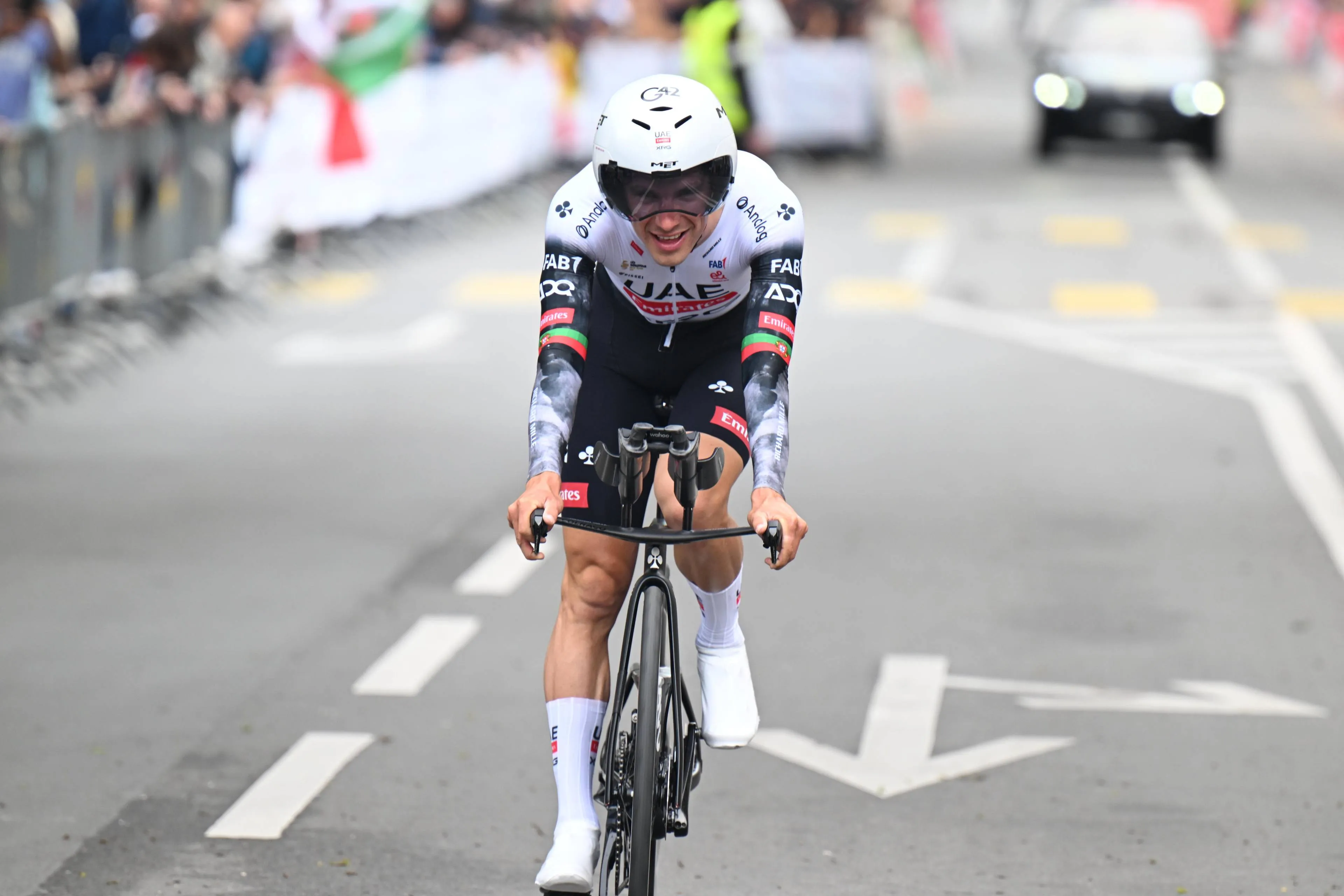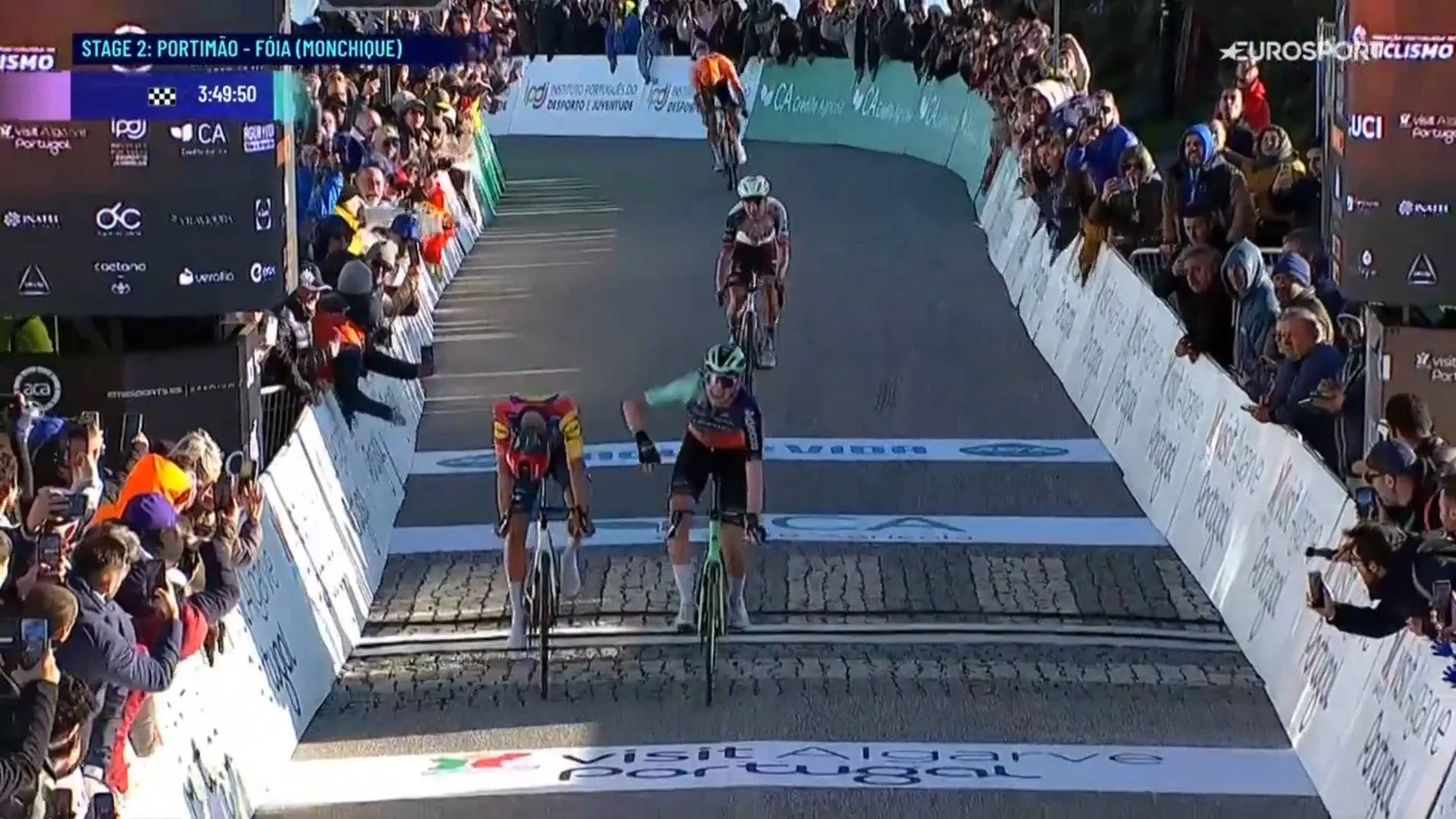2022 "was the hardest season of my career" for Julian Alaphilippe
CyclingFriday, 04 November 2022 at 19:00

Julian Alaphilippe has started the 2022 season with high ambitions and a rainbow jersey on his back. However, luck was not on his side, with several injuries and illnesses hampering his season. He recollects the pieces of a tough year.
“Resilient is a perfect word to describe the emotions of my season and how I needed to make it through everything," Alaphilippe said in an interview with Cyclingnews. "2022 was definitely a season of resilience. I was never at 100% at a race in 2022, I was always fighting back, so it was hard to balance that with my usual hopes and my ambitions, especially while wearing the world champion’s rainbow jersey. I wanted to win like I so often have done but the setbacks just kept coming."
Read also
His early season goal was based around Liège-Bastogne-Liège and the hilly classics. Strade Bianche for a starts, where he crashed and frontflipped over his bike on a gravel sector and could not obtain a result. The pain he sustained also kept him out of the run for Tirreno-Adriatico, very soon after. He took a win at Itzulia Basque Country, but despite the lack of some main figures at Fléche Wallone, he could not climb onto the podium as he suffered from an illness in the final days of the Basque race.
“I always trained hard, gave my best and fought to come back each time but it was a difficult season. Coming back time and time again was actually harder than the crashes. The pain was perhaps less acute but it took a lot longer," he continued. Liège was his main goal, but whilst his teammate Remco Evenepoel took the win, Alaphilippe was travelling to the hospital in an ambulance after a mass crash where he was the main victim, having crashed into a ditch.
Read also
He broke a scapula, two ribs and suffered a pneumothorax. He managed to return to competition at the national championships where he showed decent form, however with the Danish Grand Depart, other riders were selected for the Tour de France instead of him. Alaphilippe hence began shaping his season around a possible third World Championships title.
“I need resilience for a long time. Fortunately I found that inside myself while away from the races and recovering. It’s important to have inner resilience when you're a rider and face problems, otherwise it’s even harder to come back after each problem.," he said. “It was the hardest season of my career, my family was fundamental in helping me overcome every setback."
Read also
He returned to competition at the Tour de Wallonie, where he won the opening stage atop the Mur de Huy, but teste positive for Covid-19 during the race. Back at square one, he entered the Vuelta a Espana soon after with low form, but looked to use it as preparation for the worlds. The plan seemed to be heading back on track, but whilst supporting Evenepoel to the overall victory, he crashed out of the race on the 11th stage, dislocating his shoulder.
“It was a tough few months but on the other side, I had the chance to spend some quality time with my son and family. That really helped me a lot. The support and love of your family is the most beautiful reason to smile at any problems in life and to continue to fight back. Nino puts everything in life into perspective for me. You can be world champion and crash a lot but at the end of the day you still have to go home and care about your family," the Frenchman says of his son. "He’s too young to understand that I race bikes or to understand what I went through this year, so spending so much time with him helped me put everything in perspective. It made me understand what is important in life.”
Read also
Alaphilippe still rode the World Championships and some of the Italian Autumn classics, but with no meaningful results to show. A season bashed by bad luck, but he looks to recover towards 2023. “Fortunately I have zero pain now when I ride the bike, so I'm not scared to race and nothing will hold me back in 2023," he reveals. “When you crash a lot, you’re more careful than those who have never been through a big crash and a long recovery."
“But cycling was dangerous 10 or 20 years ago too. Bike racing is intrinsically a dangerous sport, we all know that. I don’t really know why crashes happen; there are probably a lot of reasons. For sure the speed is higher and the bikes are more performant, so we all push things to the limit."
Read also
“Sometimes the parcours are dangerous, as we saw in the CRO Race in Croatia at the end of the season. I don’t know why the UCI accepts a finish like that on the final stage but the riders are responsible for riding their bikes and calling for better safety, it’s up to us to look out for each other too. But there’s also more pressure and more expectation, so everyone wants to be at the front at the same moment in every race. I don’t think that will ever change, it’s the nature of racing," Alaphilippe concluded.
claps 0visitors 0
Just in
Popular news
Latest comments
- Yes, the guy is no fluke. Even if he fails to improve over the next 15 years he’ll do damage. That young blood is going to keep the establishment working hard.Mistermaumau19-02-2026
- This excuse is harmless, just quaint and amusing. The excuse I really disliked was when he accused a mechanic of improperly adjusting his saddle, endangering the mechanic's job: blaming others for your own limitations is a serious matter.
 maria2024202419-02-2026
maria2024202419-02-2026 - ok so this is impressive - I trashed this guy all winter, get a pro win before the anointing. against a quality field. And Onley and Riccitello look good too. fun to see young blood.mij19-02-2026
- Minor flaws.... thats like suggesting Genghis Khan was a bit aggressive with other countriesslappers6619-02-2026
- Then you carry on if that's what makes you happyslappers6619-02-2026
- Fabio cannot catch a break.mij19-02-2026
- OK, today is the "air conditioner"... yesterday was a cramp... on saturday a bee will sting him in his tongue... his tongue will swell up and mustafa gets no oxygen. Because of his swollen tongue, Remco won't be able to give us a new excuse. Remco and the spanish rat Ayuso should be on the same team. They both have a ton of excuses and both of them are liars. Ad acta.Mou-Cro-HR19-02-2026
- Florian Lipowitz is secretly happy
 Rafionain-Glas19-02-2026
Rafionain-Glas19-02-2026 - The crucial thing to remember is that Remco was broken by the pace of Gall and Tiberi, not Del Toro's. Remco's excessive antics are because he doesn't want anyone to think that he's 'genuinely' struggling. You can always say 'he got cramps' because 'his preparation didn't go to plan', but the thing is that there is a limit to the number of excuses and exceptions that there can be. Eventually everyone just accepts that he's reached his ceiling on the climbs.
 Rafionain-Glas19-02-2026
Rafionain-Glas19-02-2026 - Bahraini suspicious..Santiago19-02-2026
Loading
Write a comment
